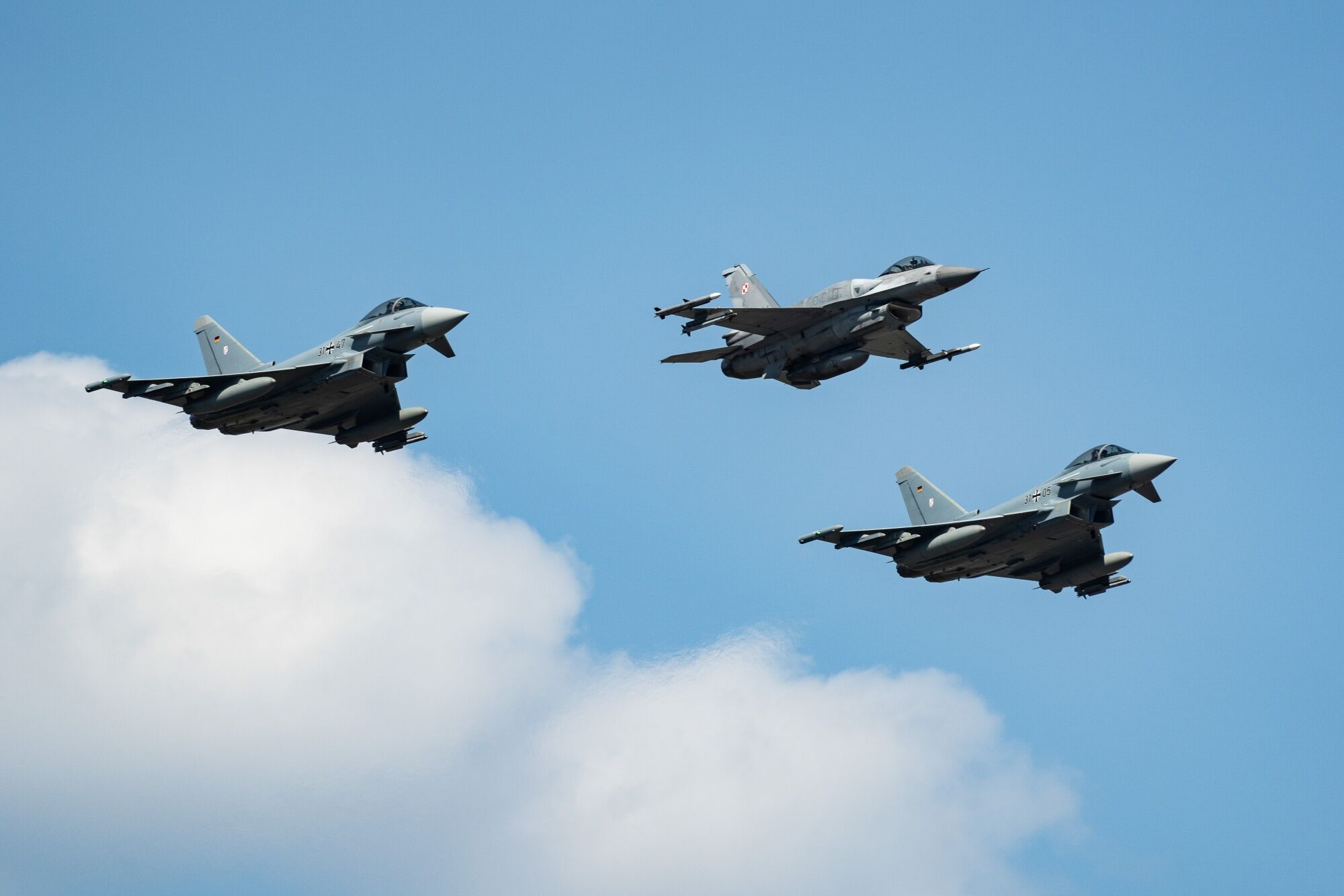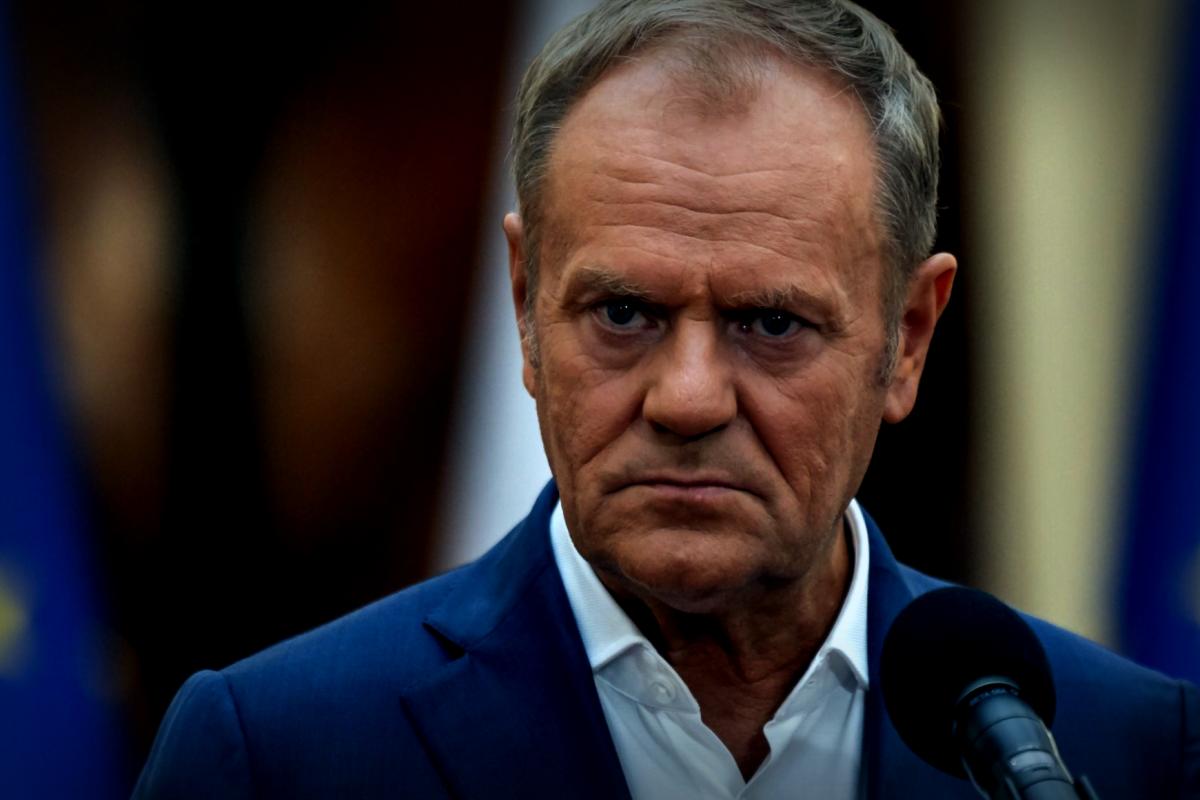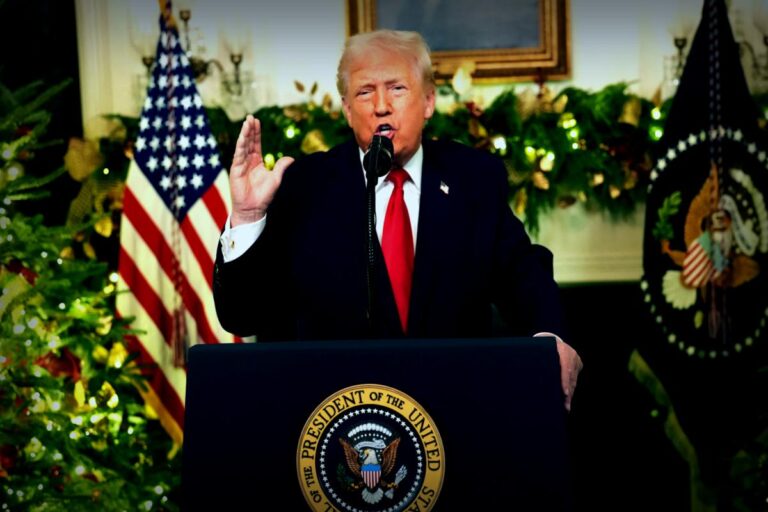Recently, Prime Minister Donald Tusk made it abundantly clear that Poland is ready to take drastic measures against foreign aircraft that cross its borders without proper authorization, particularly in light of multiple Russian airspace breaches involving NATO. Tusk asserted in a statement to the press in northern Poland, “We will undoubtedly take action to shoot down any flying object that infringes upon our airspace over Poland. There is no room for doubt here.”
With increasing Russian military activity this month, Poland, alongside other NATO nations, is responding decisively. This follows incidents involving several MiG-31 jets breaching Estonian airspace over the Gulf of Finland. Earlier, Poland had already acted against drones encroaching into its territory, invoking Article 4 of the NATO treaty which initiates consultations and could possibly lead to united responses among member states.
While the United Nations Security Council convened in New York for an emergency meeting on this serious matter, Tusk’s warnings coincide with Estonia’s assertion that these actions from Russia are part of a terrifying trend testing NATO’s defensive resolve.
Poland’s Foreign Minister, Radoslaw Sikorski, voiced a stern warning to the Russian representatives in New York, emphasizing, “Warsaw will not back down from threats.” He made it clear: “If any missile or aircraft enters our airspace, even accidentally, and we respond by shooting it down, do not come here to complain about it. You’ve been warned!”
The marked uptick in Russian airspace violations is alarming, especially as Moscow’s ongoing aggression towards Ukraine stretches into its fourth year. For instance, the German Air Force reported that NATO jets were once again scrambled on Sunday to intercept a Russian military plane flying over neutral waters in the Baltic Sea.

Interestingly, Russia’s Defense Ministry refuted claims that its jets trespassed into Estonian skies, stating those aircraft adhered to a pre-planned route from Karelia—an area that borders Finland—to Kaliningrad.
In response to these events, Estonia is looking to Poland for additional air-defense support, which has raised concerns about whether aid to Ukraine might be impacted by the redirection of resources.
As NATO leaders push for more robust actions against Russian provocations, the pivotal question remains: Will President Trump’s stance impact the reactions? Speaking from the Oval Office recently, Trump appeared uncertain about the US’s next steps, only noting, “I don’t love it. This situation could escalate quickly. But I’ll keep you posted.”
Tusk emphasized that while Poland is committed to defending its land, comprehensive discussions with its allies are crucial, assuring coordination in their responses. He further cautioned that hasty decisions might escalate tensions, highlighting the importance of cautious diplomacy.
Over the weekend, Czech President Petr Pavel also echoed Tusk’s sentiments about NATO member states needing to be prepared to shoot down Russian planes with further violations.
Notably, these troubling incursions prompted Polish defenses to engage in shooting down Russian drones for the first time since Ukraine’s full-scale invasion began. NATO has been proactive by bolstering defenses along its eastern front through operations like Eastern Sentry.
–With inputs from Magdalena Del Valle.



















